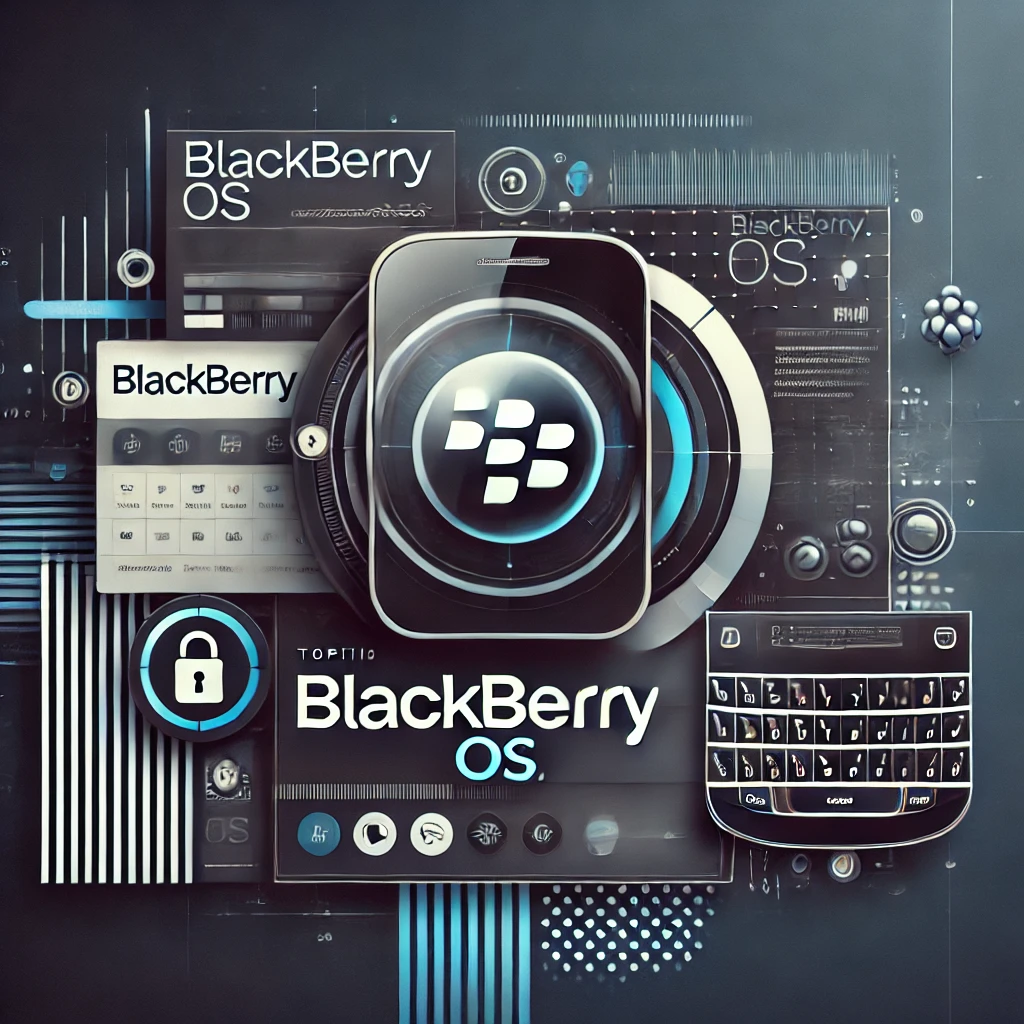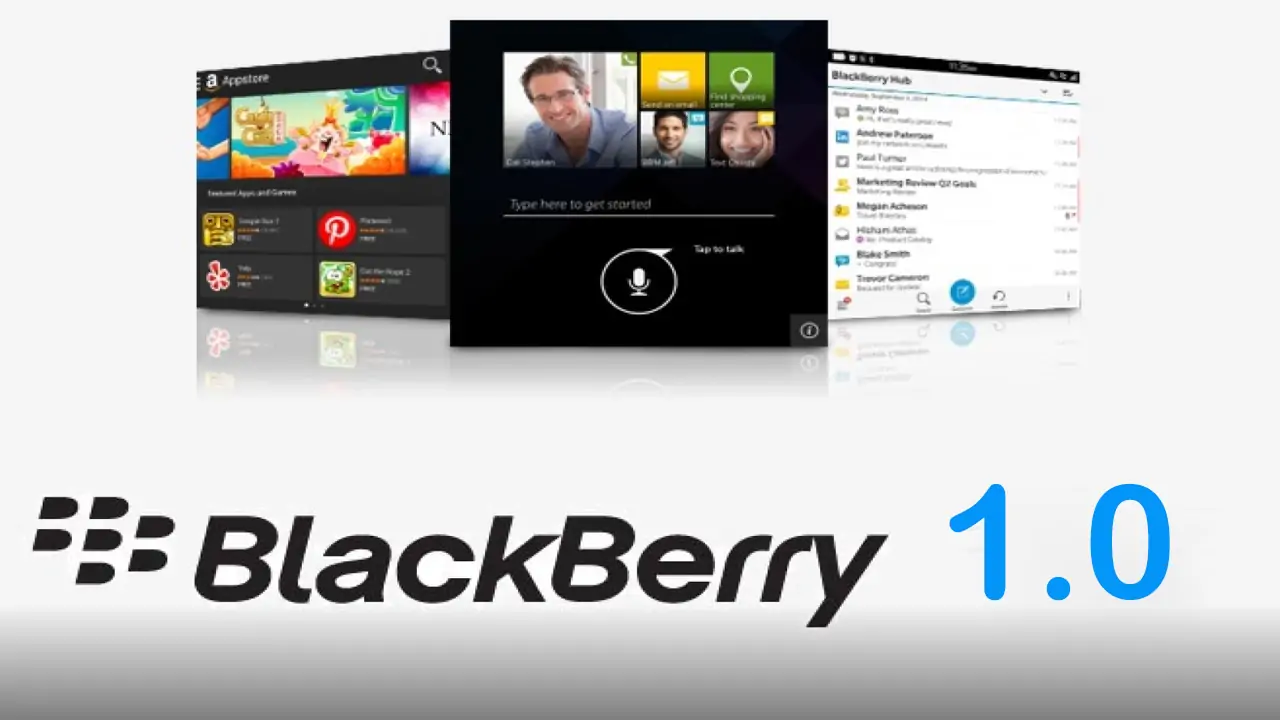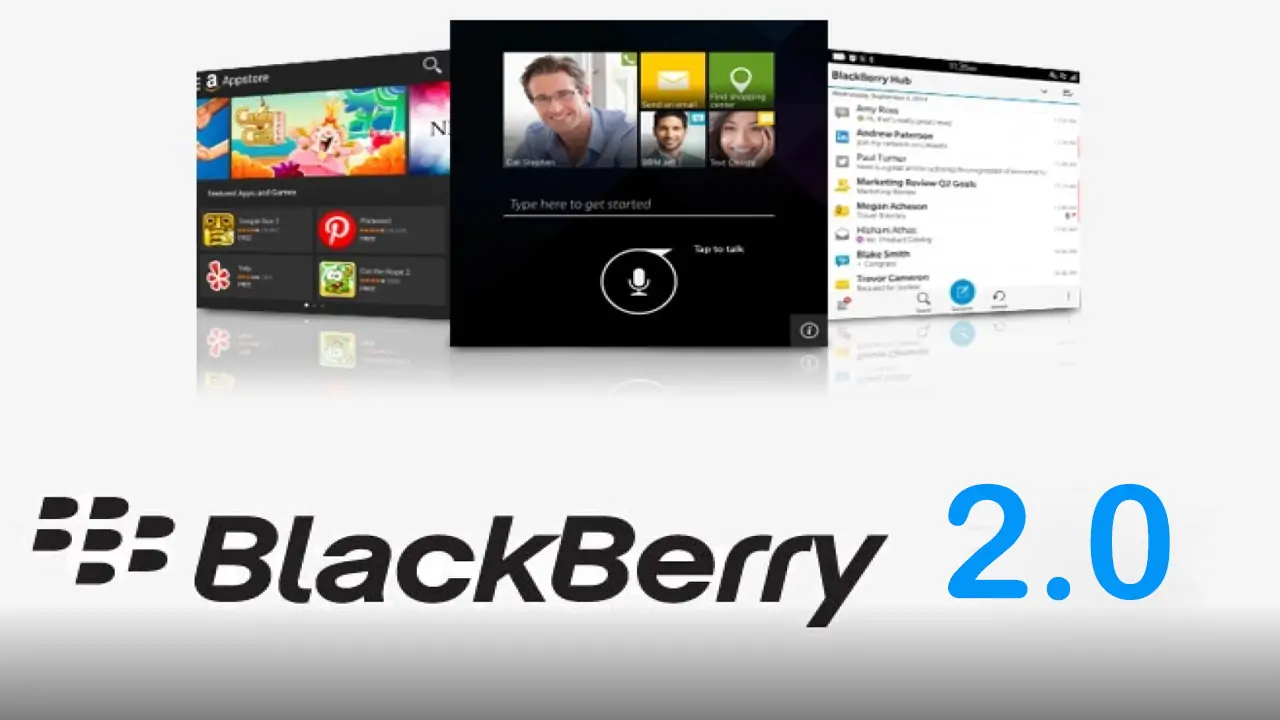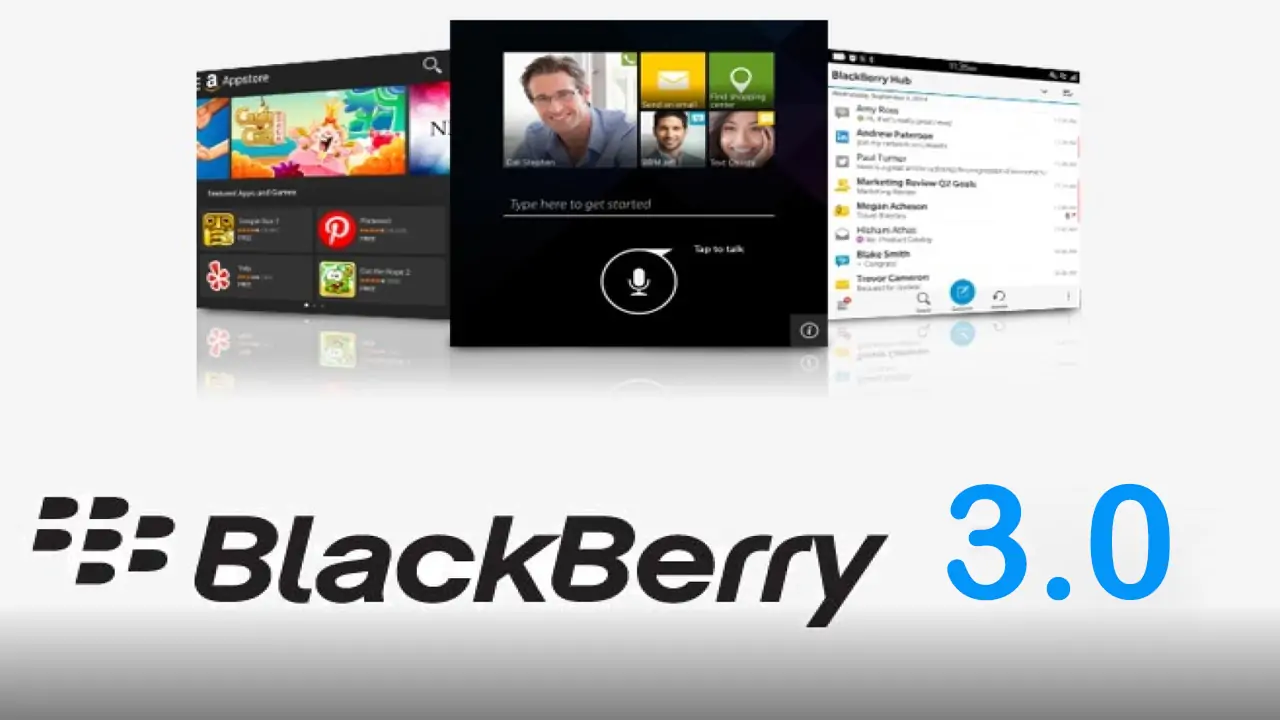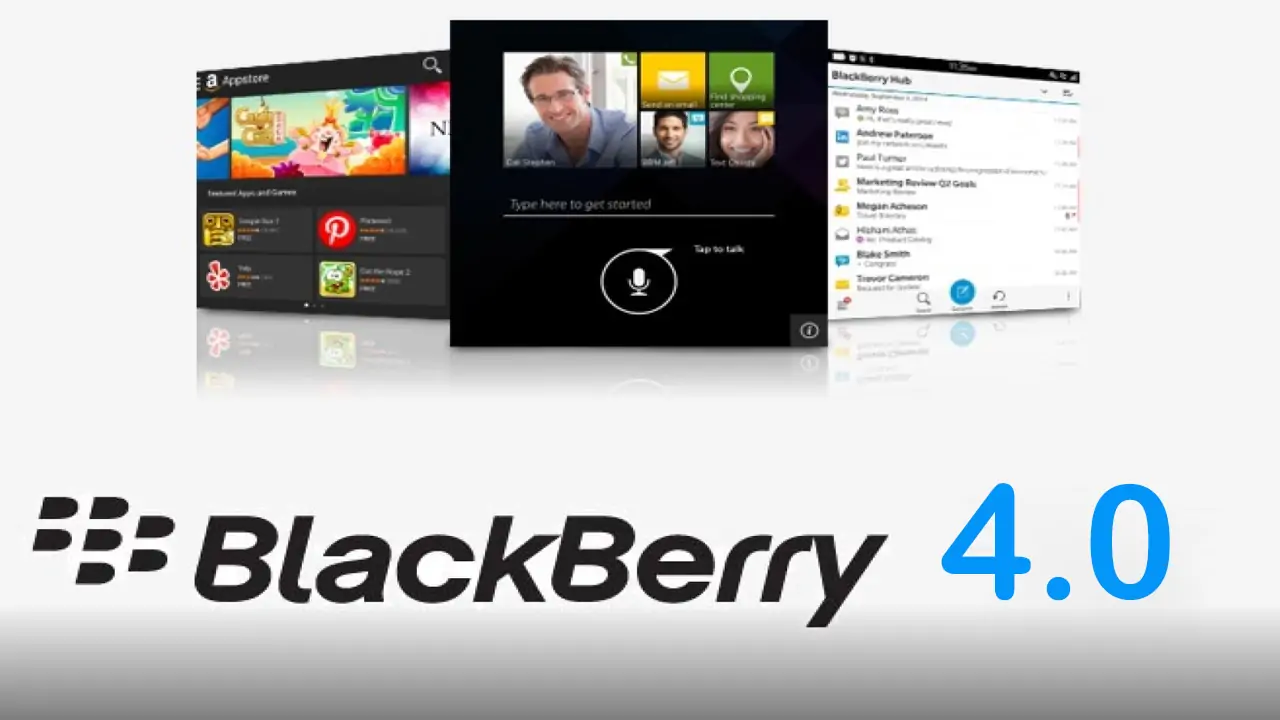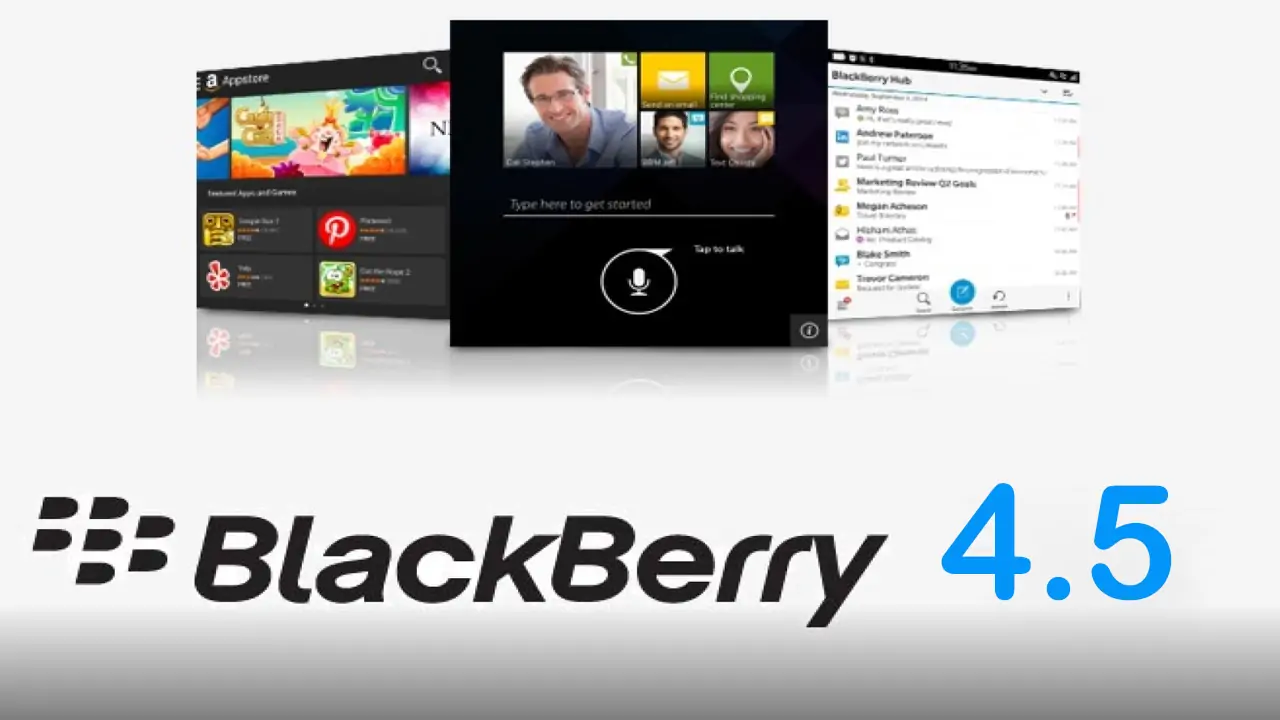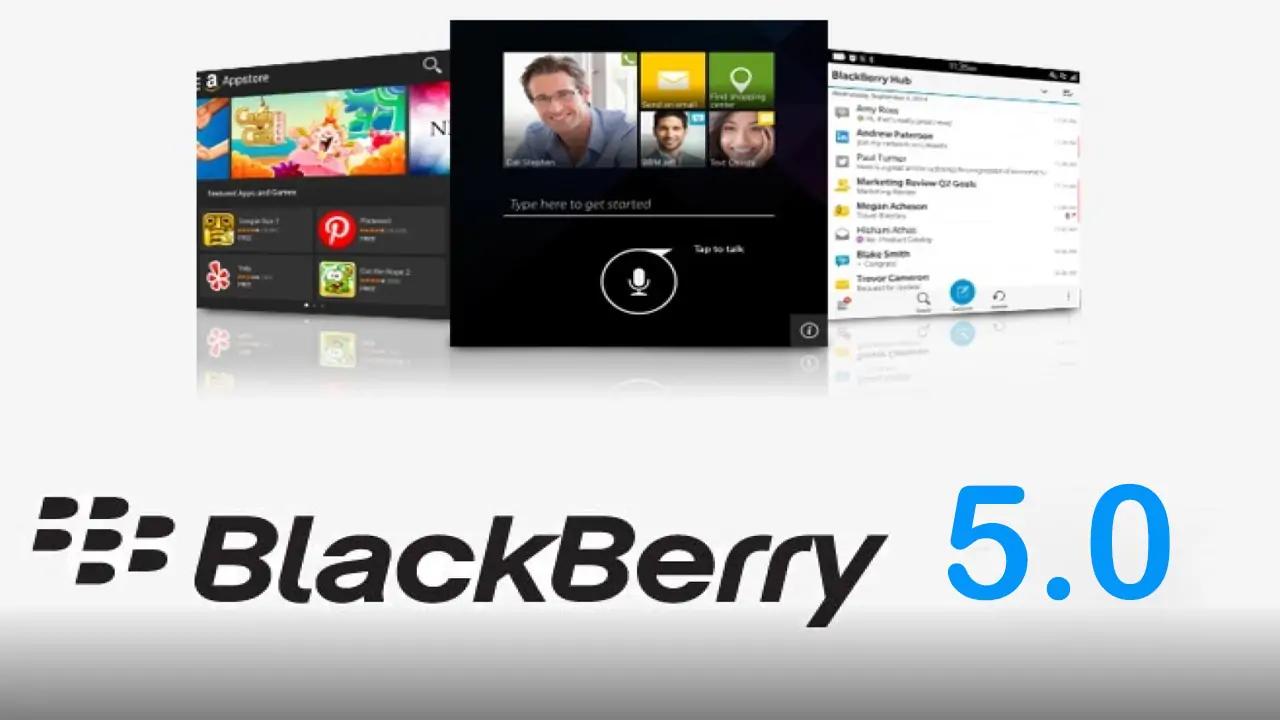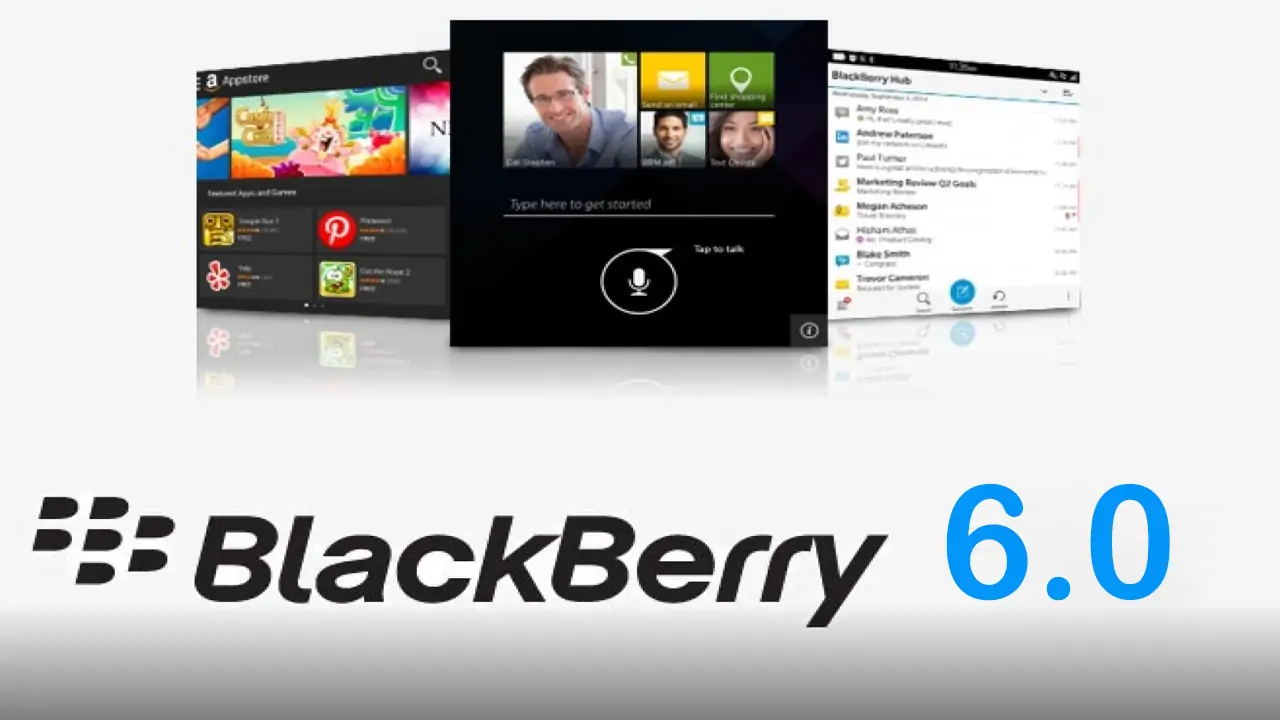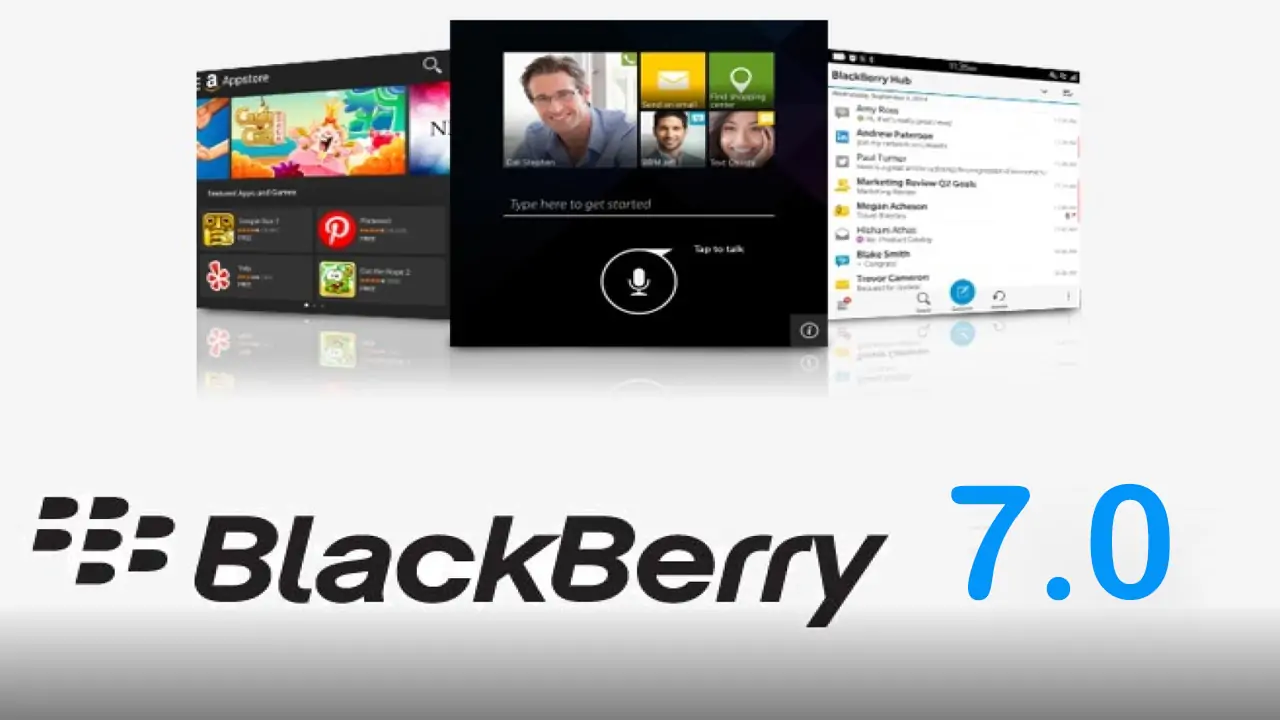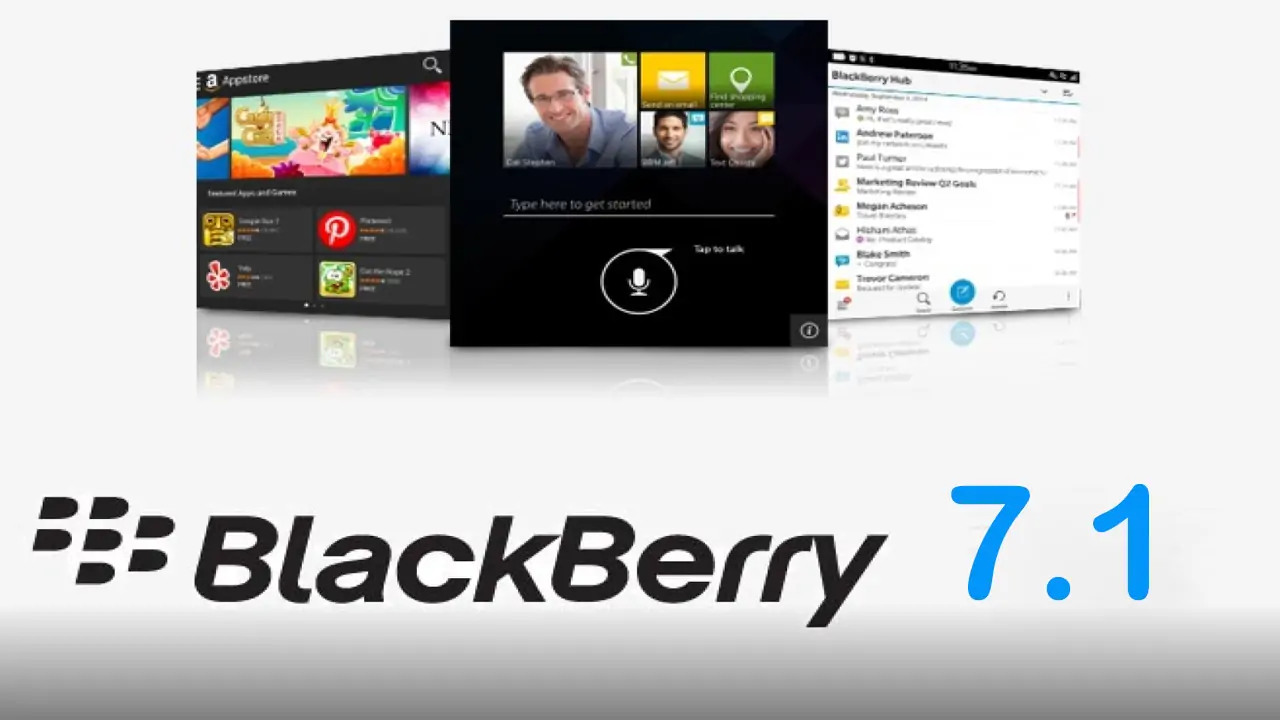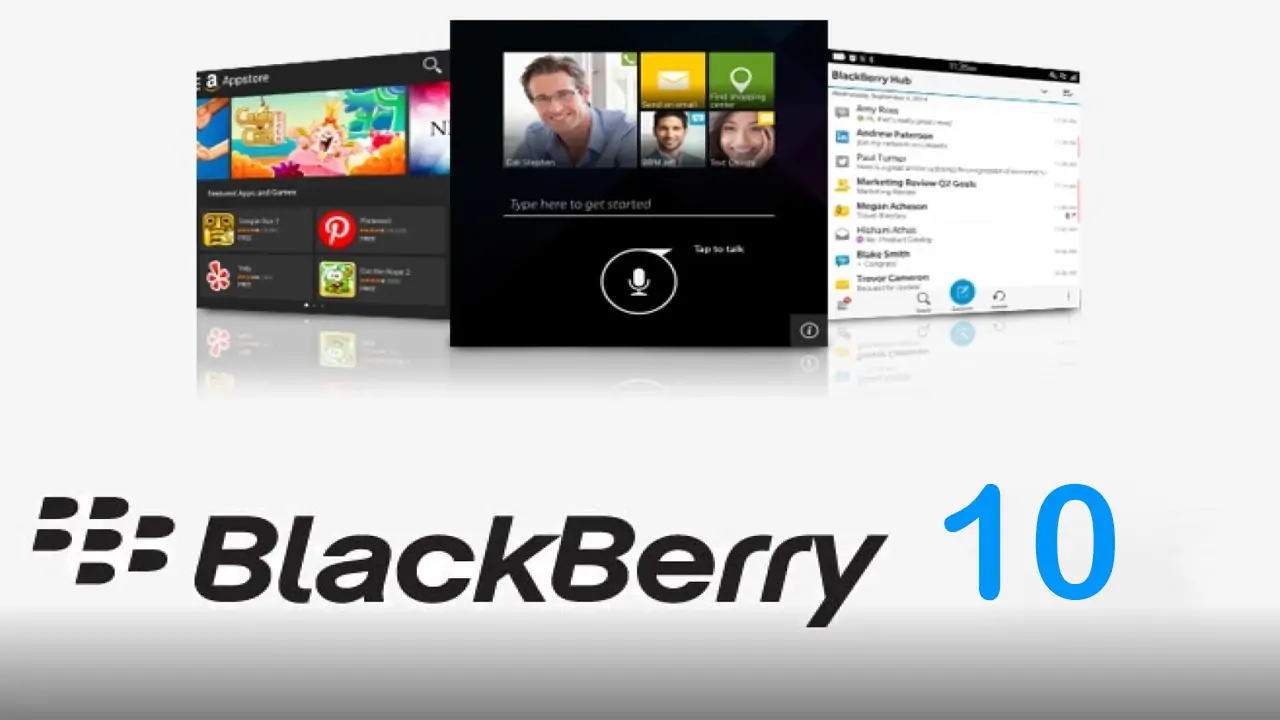The BlackBerry OS revolutionized mobile technology by introducing a secure, efficient platform that catered to business professionals and government agencies. BlackBerry OS played a crucial role in shaping the mobile OS landscape, emphasizing security and productivity. Despite its decline in popularity, its legacy endures in emphasizing security and enterprise solutions in modern smartphones. The significance of BlackBerry OS lies in its pioneering approach to mobile communication and its lasting influence on the industry.
History and Evolution of BlackBerry OS
The origin of BlackBerry OS traces back to the founding of Research In Motion (RIM) in 1984, which launched its first BlackBerry devices in 1999. These early versions were distinctive for their secure email services and the iconic physical keyboard, setting them apart in the mobile market. The BlackBerry OS prioritized secure communication, making it a favorite among business professionals and government officials. Its early models, like the BlackBerry 850, were revolutionary for offering wireless email, paving the way for future innovations. The unique blend of hardware and software features positioned BlackBerry as a leader in mobile technology.
Versions of BlackBerry OS
BlackBerry OS 1.0
Release Date: 1999
Features:
- Basic email functionality
- Organizer functions
- Strong security features aimed at corporate users
BlackBerry OS 2.0
Release Date: 2000
Features:
- Improved email capabilities
- Introduction of push email
- Enhanced security measures
- Support for wireless synchronization
BlackBerry OS 3.0
Release Date: 2001
Features:
- Color screen support
- Improved user interface
- Enhanced browsing capabilities
BlackBerry OS 4.0
Release Date: 2004
Features:
- HTML browsing
- Integration with corporate applications
- Improved multimedia support
BlackBerry OS 4.5
Release Date: 2008
Features:
- Video recording capability
- Voice notes
- Enhanced email capabilities
- Support for more advanced applications
BlackBerry OS 5.0
Release Date: 2009
Features:
- New web browser
- Threaded SMS
- Enhanced media player
- Support for BlackBerry App World
BlackBerry OS 6.0
Release Date: 2010
Features:
- Redesigned user interface
- Improved web browser
- Social Feeds application
- Better multimedia capabilities
BlackBerry OS 7.0
Release Date: 2011
Features:
- Liquid Graphics
- New icons
- Improved performance
- Support for Near Field Communication (NFC)
BlackBerry OS 7.1
Release Date: 2012
Features:
- Mobile hotspot support
- Wi-Fi calling
- FM radio
- BlackBerry Tag for content sharing using NFC
BlackBerry 10
Release Date: 2013
Features:
- QNX-based system
- Touch gestures
- BlackBerry Hub for unified messaging
- Advanced multitasking
- Support for Android apps
Key Features and Innovations
Security and Encryption
BlackBerry OS was renowned for its robust security, making it a preferred choice for corporate and government communications. Introducing BlackBerry Enterprise Server (BES) provided advanced security features, including encryption and secure email access, which set a high standard for mobile device security.
BlackBerry Messenger (BBM)
BBM was a pioneering instant messaging service that gained immense popularity for its secure and reliable communication. It allowed users to chat in real time, share files, and even make voice calls. BBM’s success influenced the development of later messaging apps, emphasizing security and privacy.
Physical Keyboard and Design
The iconic BlackBerry physical keyboard was a standout feature, known for its tactile feel and precision. This design philosophy catered to users who preferred typing on physical keys over touchscreens. BlackBerry devices were also known for their distinctive form factors, combining functionality with a professional aesthetic.
Push Email Technology
BlackBerry pioneered push email technology, delivering emails directly to user’s devices as they arrived. This innovation revolutionized mobile email access, providing instant and reliable communication. At the time, competitors struggled to offer similar real-time email services, giving BlackBerry a significant edge in the market.
Challenges Faced by BlackBerry OS
Competition with iOS and Android
BlackBerry OS struggled to compete with the rapidly evolving iOS and Android ecosystems. Both platforms offered a more user-friendly experience, a wider range of features, and a more vibrant app marketplace. BlackBerry faced significant challenges in attracting app developers and building a competitive app ecosystem, which limited its appeal to a broader audience.
Hardware Limitations and Innovation Pace
BlackBerry OS devices often lagged in adopting modern hardware innovations like touchscreens and advanced camera technology. While competitors quickly integrated these features, BlackBerry’s devices needed to be more consistent in adopting them, which led to a perception of the brand as outdated and less innovative.
Strategic Missteps
BlackBerry made several strategic missteps, including a delayed response to market trends like touchscreens and app ecosystems. The company also faced challenges with product launches and marketing strategies, often failing to generate the excitement and interest needed to compete effectively with iOS and Android. These missteps contributed to the gradual decline in the platform’s market share and relevance.
BlackBerry App Ecosystem
BlackBerry App World was launched as the official app marketplace for BlackBerry devices, aiming to provide users with various applications to enhance their mobile experience. Despite its initial promise, the platform faced challenges in attracting a wide range of developers, which limited the variety and quality of apps available.
Nevertheless, several popular apps, such as BBM, Facebook, and Twitter, became staples on the platform. The marketplace grew, particularly among enterprise and productivity apps, which aligned with BlackBerry’s core user base. However, it struggled to compete with the expansive app ecosystems of iOS and Android, ultimately impacting its appeal and market share.
Market Impact and Decline
Peak Popularity
During the mid-2000s, BlackBerry enjoyed significant dominance in the mobile phone market, particularly among business professionals and government agencies. The brand was synonymous with secure, reliable communication and was widely adopted for corporate use. Key partnerships and the widespread use of BlackBerry devices for secure email and messaging solidified its position as a leader in the industry.
Decline and Competition
The advent of iOS and Android marked a turning point for BlackBerry. These new platforms quickly gained traction with their user-friendly interfaces, extensive app ecosystems, and innovative features like touchscreens and advanced multimedia capabilities. BlackBerry struggled to keep pace with these advancements, making strategic missteps and misjudgments that eroded its market share. The failure to attract app developers and adapt to consumer preferences further accelerated its decline.
The End of an Era
To revive its fortunes, BlackBerry introduced BlackBerry 10, a QNX-based system to modernize the platform. However, it failed to regain significant market share, leading to the company’s eventual shift to Android for its hardware. The official end of support for BlackBerry OS marked the end of an era as the company transitioned to a software and services focus, leaving behind its once-iconic mobile operating system.
Conclusion
BlackBerry OS is significant in mobile history, known for its pioneering features in secure communication and corporate productivity. Despite its decline, the platform’s emphasis on security and efficiency has left a lasting impact on the industry. BlackBerry’s rise and fall offer valuable lessons about the importance of innovation and adapting to market trends. Its legacy endures in the ongoing focus on security and enterprise solutions in today’s mobile landscape.

